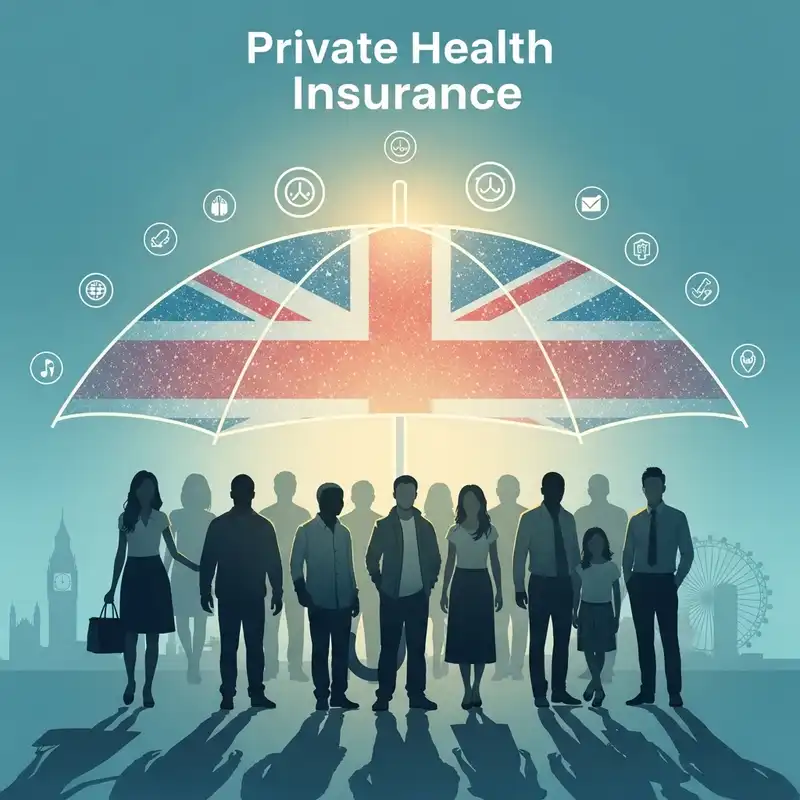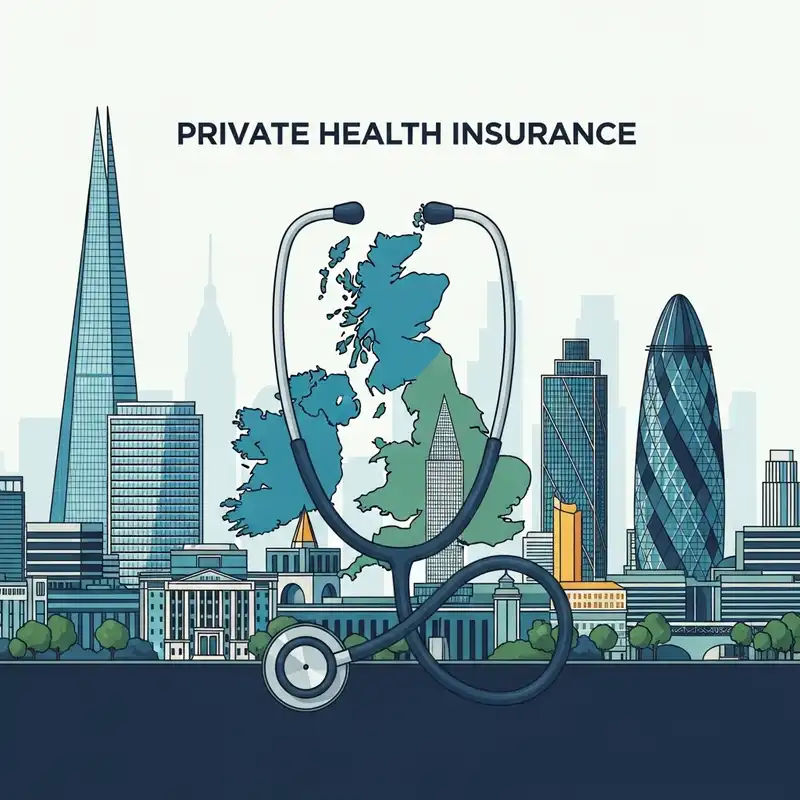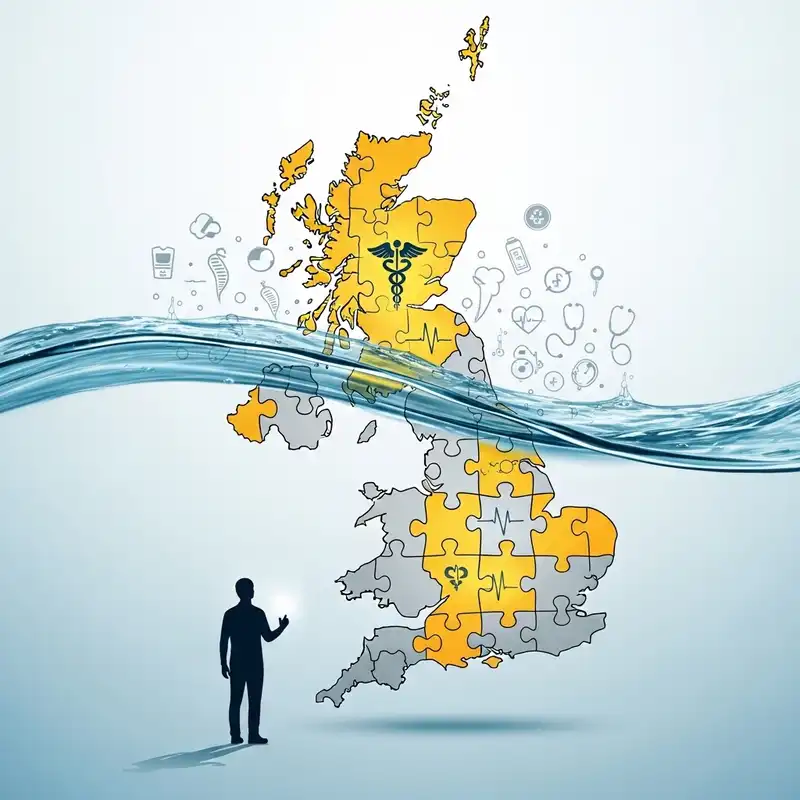TL;DR
People use life insurance to make sure their families or dependents will receive cash benefits if they are no longer there. Use the list below to clarify terms insurance providers use in life insurance. If you'd like to clarify anything, please don't hesitate to reach out to us via the contact section.
Key takeaways
- Office for National Statistics (ONS): Mortality, earnings, and household statistics.
- Financial Conduct Authority (FCA): Insurance and consumer protection guidance.
- Association of British Insurers (ABI): Life insurance and protection market publications.
- HMRC: Tax treatment guidance for relevant protection and benefits products.
People use life insurance to make sure their families or dependents will receive cash benefits if they are no longer there. Use the list below to clarify terms insurance providers use in life insurance. If you'd like to clarify anything, please don't hesitate to reach out to us via the contact section.
Acceptance – approval of an application by an insurance company, either instantly or some insurers take up to 14 days to decide if to accept a risk.
Accident, Sickness, and Unemployment – coverage in the form of a replacement income (usually up to 12 months) to cover regular expenses, including rent or mortgage payments should the person insured become ill or unemployed.
Age limits - the maximum or minimum age of the insured that an insurer will issue a policy for. Typically, the limits are between 18 and 80 years to apply for life insurance, but it may vary by insurer.
Beneficiary - any person who gains a payout from a policy.
Convertible Term Life Insurance – level term life insurance coverage with the option to possibly convert the policy into a different type of coverage, such as the whole life cover
Critical Illness Cover – this coverage supports you and your loved ones financially if you’re diagnosed with a specific illness or medical condition. You’ll receive a tax-free lump sum to help with things like bills and treatment costs. It can be taken out at the same time as life insurance as they cover you for different risks. The insured person must usually survive at least one month after the diagnosis before a payment is made. Serious Illness (Diabetes, HIV, etc) Life Insurance – life coverage specially designed for those insureds who have conditions like diabetes, HIV and others. It is based upon the type of the condition, its age, family history, treatment methods and other parameters
Estate - means property and money left by someone who has passed away.
Their duties include arranging burial ceremony, handling of your assets, payment of unpaid bills and distribution of the surplus to your beneficiaries.
Family Income Benefit Life Insurance – after the death of the insured, this insurance provides regular income for the entire policy period instead of a one-time payment
Gift Inter Vivos - are gifts you give away during your life. If the giver were to die within seven years of giving a substantial gift, this could leave the person receiving the gift with an unexpected inheritance tax (IHT) bill. A gift inter vivos policy, set up in trust, can help provide funds to pay an IHT bill by providing cover for any IHT liability on gifts that you make over your available basic IHT nil rate band.
Group Life Policy – life insurance coverage provided to many people, such as individuals working for a single company. It is characterised by more lenient coverage limits. Depending on the payroll, the minimum number of people in a group is usually 20-25 people, although some companies provide group life of up to 15 people.
Guaranteed Life Insurance - a kind of life insurance where anyone is accepted without any medical exams and regardless of their health condition.
Guaranteed Premium – the premium doesn't change and stays at the same level throughout the duration of the policy.
Income Protection Insurance – insurance that pays you a fixed monthly amount (usually covers around 80% of your pre-tax salary) if you can’t work due to sickness or injury, with payments continuing until you are able to resume your work, retire, die, or upon the expiry of the policy.
Increasing Term Insurance – coverage and premiums increase annually by a predetermined amount without a medical examination requirement. People who need additional coverage to mirror income or inflation increases often select this coverage.
Indexation – when a policy is tied to inflation, with benefits and premiums increasing annually
Insurable Interest – when one party has a dependent and/or close financial relationship to another. Insurable interest relationships exist between spouses, a company and key workers, in a close company between director shareholders, and someone who financially depends upon another person.
Key Person Life Insurance – life coverage for a person who makes a significant contribution to the financial status of a company. Directors, partners, executives, and shareholders are commonly considered key people. The coverage features a lump sum payout benefit designed to financially protect the company upon the death of the individual.
Lapse – where a policy stops because the customer stops paying premiums or a policy not renewed.
Length of cover - amount of time you’ll be covered for by an insurance policy, often also called the policy term.
Level Premium - a payment that stays at the same amount throughout the term of a policy.
Level Term Life Insurance – payout under this life insurance policy is a fixed lump sum.
Life of Another – an application for life insurance which is made by someone other than the insured. The applicant must provide evidence proving that he or she has an insurable interest in the insured before an insurance company will approve the policy.
Lump Sum - benefit that a life insurance company pays out in one amount when the insured person passes away.
Renewable Term Life Insurance – life cover for up to five to ten years that may be renewed without a medical examination.
Reviewable Premium – if a policy which specifies a reviewable premium, it means the insurance company can change the premium at the pre-set review times (typically every 5 years, but can also be annually). Normally insurers will review premiums every five years however some companies do review them annually. Insurers may change premium to account for average claims or wider economic conditions. As a result, your monthly premiums could increase significantly without any control on your part over how much the policy will cost you over its lifetime.
Settlor – means a person or entity that makes a settlement of property and other assets under a trust, also known as a donor, grantor, trustor, and trustmaker. This person appoints trustees, designates trust beneficiaries and agrees to the trust terms.
Terminal Illness Benefit – an additional usually free 'bolt-on' option provided when you buy life insurance that allows to get a payout under life insurance policy upon diagnosis of a terminal illness, rather than waiting to pay out after passing away.
Total and Permanent Disability – a term used in a critical illness policy that applies to cases in which the individual may never be able to work again and there is no hope of recovery due to injuries.
Trust – trust used in insurance is an irrevocable trust with a life insurance policy as its asset, allowing the trustor or settlor to exempt assets away from their estate for inheritance tax purposes. The type of trust most commonly used with a life insurance policy is a a flexible power of appointment trust, which allows the trustor to appoint new trustees and change beneficial interests. After a life insurance policy is placed in the trust, its insured person stops being the owner of the policy. The trustee manages the policy payout on behalf of the policy beneficiaries when the insured person passes away. Trust can offer you control over how your assets from insurance policies are used after your passing and can protect your beneficiaries against having to pay inheritance tax on the life insurance payout.
The settlor is often also a trustee and must appoint at least one other trustee, perhaps a solicitor, family member or family friend, who must be over 18 and would serve as legal owners of the assets in trust for the trust beneficiaries.
Underwriter - an insurance expert or insurance company that decides on the risk of your insurance, the amount of risk of your cover and the premium for this, i.e. how much you should pay for it if the risk is within the risk appetite as sometimes it can be outside of it.
Waiver of Premium – a feature in an insurance policy that covers your monthly premiums if you’re ill and out of work, either until you’re working again or the policy expires, while keeping your coverage intact. Waivers can be found in life insurance policies, but can be also obtained in health insurance and critical illness policies.
Whole of Life – life insurance policy that lasts the lifetime of the insured person. It's also known as traditional or permanent life insurance and pays a lump sum benefit upon the death of the insured.
Will – a legal document setting out the names of one or more people to manage a person's estate, who are known as executors, and how they should distribute the estate upon the person's passing.
Before purchasing your or your family member's life insurance, it is always recommended to consult with life insurance experts. WeCovr's experts can help guide you in a friendly and free phone consultation.
Why not let experts do the hard work and analysis for you? At no cost, they can find you those life insurance plans that can be most suitable to your particular circumstances as well as help deal with all the necessary paperwork!
Sources
- Office for National Statistics (ONS): Mortality, earnings, and household statistics.
- Financial Conduct Authority (FCA): Insurance and consumer protection guidance.
- Association of British Insurers (ABI): Life insurance and protection market publications.
- HMRC: Tax treatment guidance for relevant protection and benefits products.

































